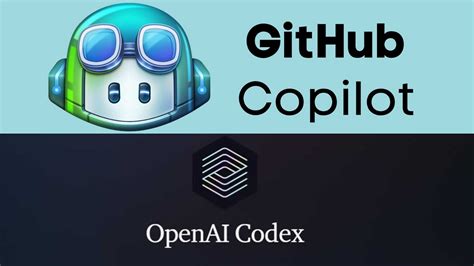The race to lead the AI code assistance market has gotten fiercer with the advent of Codestral. As Mistral’s ambitious AI model comes into the limelight, a comparison with Github Copilot, powered by OpenAI’s Codex, becomes inevitable. For developers heavily dependent on these tools, the primary questions revolve around efficacy and the quality of code generation. Early comments and reviews suggest that Codestral might be achieving remarkable strides, but how does it truly stand against the well-established Copilot?
Many developers have expressed a mix of skepticism and excitement regarding Codestral’s capabilities. In one thread, an insightful user highlighted a lack of direct benchmarks against Github Copilot, which complicates an apples-to-apples comparison. Despite this, the live testing feedback of Codestral has been notably promising. One user noted that after experiencing Codestral’s live chat, it felt more promising than the current generation of GitHub Copilot. This suggests that Codestral’s real-time interactions and response accuracy might surpass what Copilot offers, at least in preliminary assessments.
Codestral’s competitiveness partly hinges on its underlying technologies. While Copilot primarily utilizes GPT-3.5 for coding tasks, Codestral boasts that it slightly outclasses models like LLaMA3-70B. This difference is significant as it underlines Codestral’s advanced architecture built to offer precise and optimized coding solutions. This makes Codestral particularly appealing to those who felt underserved by Copilot’s sometimes repetitive or inaccurate suggestions. However, the technical superiority can only be validated through rigorous and transparent benchmarks, as some users rightly pointed out with references to external comparisons on platforms like ‘Papers with Code’.
A crucial aspect stirring the pot is Codestral’s licensing and commercial viability. Codestral, according to users, has a demonstratively restrictive licensing agreement, especially for commercial projects. Restrictions on commercial usage imply that while the tool is open for research and personal testing, it fails to offer the permissiveness that many developers need for real-world applications. This has sparked concerns about its practical utility, primarily when Copilot is already delivering reliable performance with fewer strings attached. It seems that despite its advances, Codestral might be limited to a niche or academic usage unless Mistral decides to alter its licensing stipulations.
From a broader perspective, the advent of tools like Codestral fosters essential discussions about the ethical aspects and ownership in AI-assisted code generation. Comments on the open-source training data utilized by these models highlight paradoxical stances—companies leveraging freely available code but restricting their models’ outputs. This tension has led some to question the fairness and sustainability of these practices. Ideally, more transparent and fair licensing could democratize access further and drive innovation without the looming threat of intellectual property disputes.
In conclusion, the debate between Codestral and Github Copilot is a microcosm of larger trends in AI-driven software development. With evolving models and heightened expectations, developers are at a crossroads—choosing tools that offer not just performance but also flexibility, ethical alignment, and ease of integration. Codestral’s promise is evident, but unlocking its full potential for broader use will require rethinking its usage policies and transparent benchmarking comparisons. Open discussions and continued community feedback will be critical as this dynamic field continues to shape the future of coding.


Leave a Reply